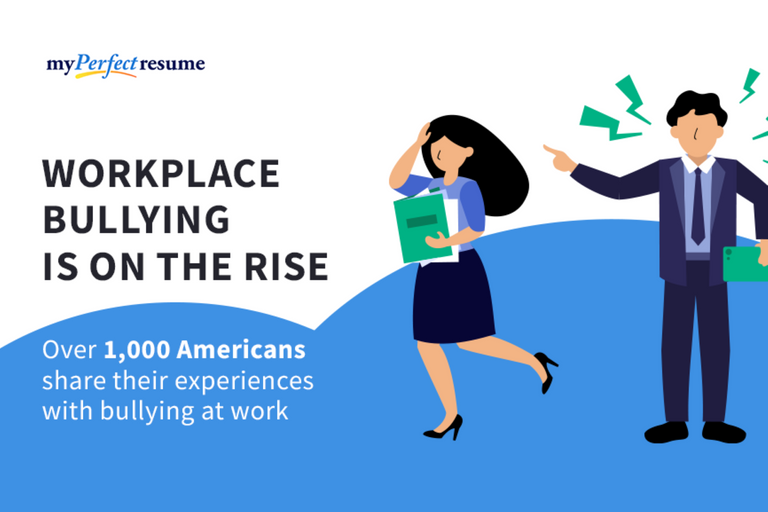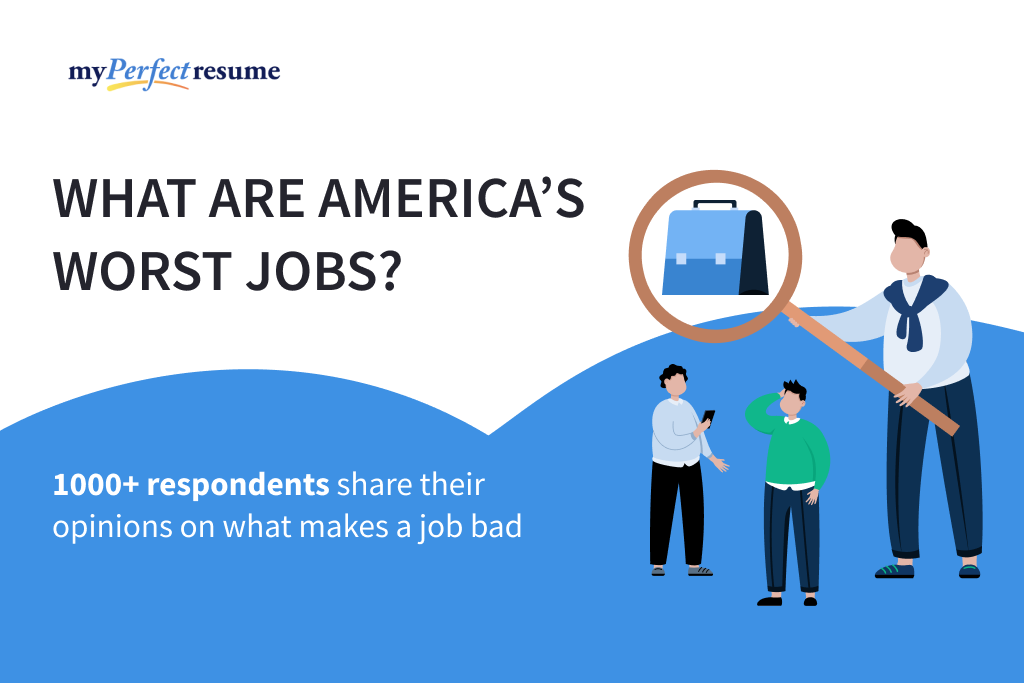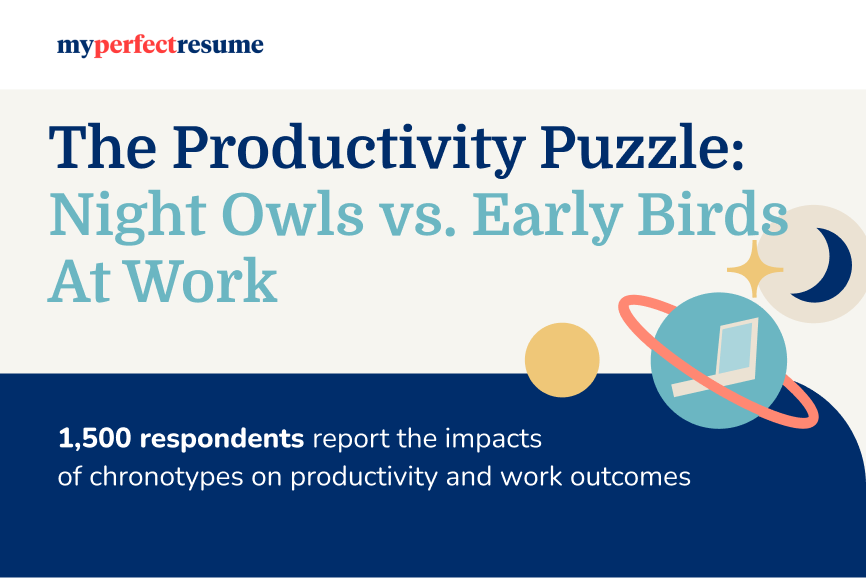Our customers have been hired at: *Foot Note
We are living in a golden age for diversity. A substantial number of corporations are investing in diversifying and expanding their outreach efforts. But there is still a long way to achieve equality in the workforce. After all, a 2019 study showed that women of color face a wider pay gap disparity than other members of the workforce.
What does this mean for first-generation immigrant workers? First- and second-generation employees face unequal wages. They're also less-equipped to handle office politics and may encounter daily microaggressions.
We spoke with three creatives in the fashion industry for an in-depth insight into their personal experiences. Pol dela Cruz* is a first-generation immigrant employee. JiEun Jung is a second-generation American. Sandra Kim* is an American-born citizen raised abroad. All three have experienced the following workplace realities.
Data courtesy of 'Experiencing Everyday Discrimination: A Comparison Across Five Immigrant Populations' published by ResearchGate
Common Workplace Realities That all First-Generation Immigrants Know
1. Language or Accents Become Barriers
The simple act of speaking can make many first-generation immigrants feel the divide between them and their colleagues.
Pol dela Cruz moved to the United States of America from the Philippines when he was 14-years old. He is currently the Assistant Art Director for the online division at a large retailer. Although he speaks better English than Tagalog now, he admits that “certain conversations get a little too fast. Certain people speak their jargon from their world, and I feel like a lot of people struggle to pick that up.”
Sandra Kim, a freelance Graphic Designer, speaks English with an accent. In her experience she often has to “be nicer and work harder to earn her employer's trust and gain an excellent reputation as an employee.” She also observes that “clients or bosses assume that I don't share the same level of understanding of projects as my colleagues.”
2. You Notice Casual Discrimination
Both dela Cruz and Kim experienced moments when their professional work was overlooked or needed confirmation by their colleagues.
Dela Cruz remembers this feeling. “When I first started at my job, I noticed that everyone would stare at the white girls and no one would look at me when I was talking. I didn't feel recognized as a member of the team.”
He was lucky to have mentors and advocates who encouraged him to speak up. Thanks to their help, he eventually advanced to his current position.
Kim admits to “dealing with this regularly” and doesn’t keep track of office microaggressions anymore. However, she distinctly remembers a take that a client asked for her opinion. After she shared her viewpoint, then client “didn’t accept it until they heard the same thing from a fellow American designer.”
JiEun Jung, the Graphic Designer for the online promotions team at a prolific fashion line, revealed that she experiences many vocal discriminations. Others make “Asian jokes” at her expense, or they ask her “where are you really from?” Although she’s learned how to respond to these situations with dignity and grace, the ignorance and passive aggressive cruelty is surprising.
3. You Learn Professional Job Skills and Office Politics On The Go
A lot of first-generation immigrants and minorities are often unable to ask their parents for relevant professional insights. Thus, first-generation professionals learn how to maneuver office politics on their own.
Dela Cruz admits that he didn’t understand the importance of taking on internships. He assumed “it would be raining money after graduation … so naïve!”
Dela Cruz stresses the importance of gaining internships, not only for the professional experience but also to gain a first-hand understanding of daily requirements and expectations. “Without internships [after college] you have nothing. You're at ground zero. So get internships, get some stuff on your resume.” (Editor's note: Do you need advice on how to write a resume? First-time jobseekers can find additional resume writing tips and an easy-to-use online resume builder.)
She confesses that she didn’t know how to “initiate and schedule performance reviews or ask for a promotion and raise … it’s not something people do in my culture.
Although Kim is American-born, she was raised abroad. She didn’t move to the United States until she was 21 years old. She confesses that she didn’t know how to “initiate and schedule performance reviews or ask for a promotion and raise." She still feels uncomfortable with the process since “it’s not something people do in my culture.”
4. You Feel Left Out of Pop Culture Conversations
To quote Elizabeth Moorehead in a Slate article, “Even making small talk on the job can be difficult when you come from a background so different from many of your co-workers.”
As a first-generation immigrant, Dela Cruz empathizes. Unlike his American colleagues, he didn't “grow up with retro shows or music.” He notes that “people do judge you with little things, like when coworkers say ‘You don't know that, you weren't here for that.’” According to him, "those statements exclude other first-generation immigrants and me. I can't make a similar reference specific to my culture because we're so few by comparison.”
Kim also had times when she didn’t feel “good enough” because she didn't understand pop culture references. She felt it more so when she worked for a small design agency and advises finding diverse workplaces.
Data courtesy of 'Experiencing Everyday Discrimination: A Comparison Across Five Immigrant Populations' published by ResearchGate
5. You Can Spiral Into an Identity Crisis.
How do you come to terms with the fact that your background can be drastically different from that of your colleagues? Both Dela Cruz and Kim face moments of uncertainty regarding their culture and professional identities.
Dela Cruz claims he had to “put on a mask,” once he started working for his current employer. As he sees it, “you need to camouflage; you need to blend in where you are.”
Why do I think I can never be American, although I am?
Although Kim is an American-born citizen, she feels that she’s “a foreigner in this country and it will continue to be challenging in work and life in general.”
“Why do I think I can never be American, although I am?” Kim muses.
6. You Can Be Excluded or Judged Because of Your Culture
Unlike day-to-day references to unknown pop culture, some exclusions can leave adverse effects on a first-generation immigrant’s career advancement. Kim remembers promotions going to younger, less experienced colleagues. She came to terms with the fact that she wasn’t “a bad employee,” she just “didn’t share the same cultural background,” and was labeled “not a good fit.” She advises working in an office that is more culturally diverse,” where you can “feel more comfortable being yourself.”
Jung addresses the issue head-on: “I focus on the fact that I am capable and intelligent. When people question that, I make sure to prove them wrong or to call them out.”
7. Your Strong Work Ethic Helps You Advance
As a first-generation immigrant, you also have the upper hand in crucial ways.
Dela Cruz argues that first-generation immigrants and minorities, “have a good work ethic: hard-work and perseverance … people of color have dealt with that throughout history.” If his mother, a senior home caregiver, can deal with physical abuses at work, he rationalizes that he “can deal with this. These are just vocal battles. What our parents go through, that’s our motivation.”
Jung ends by advising fellow minorities to “embrace who they are, and know that it is an asset. We were all immigrants at some point, and this will never change. No one should dictate your choices or how you feel due to your skin color, heritage or background.”
*Name has been changed for anonymity.
**Answers have been edited for grammar and clarity.
Make a resume with MyPerfectResume
Our Resume builder can help you write the perfect resume. Start Now!
Our customers have been hired at:*Foot Note













